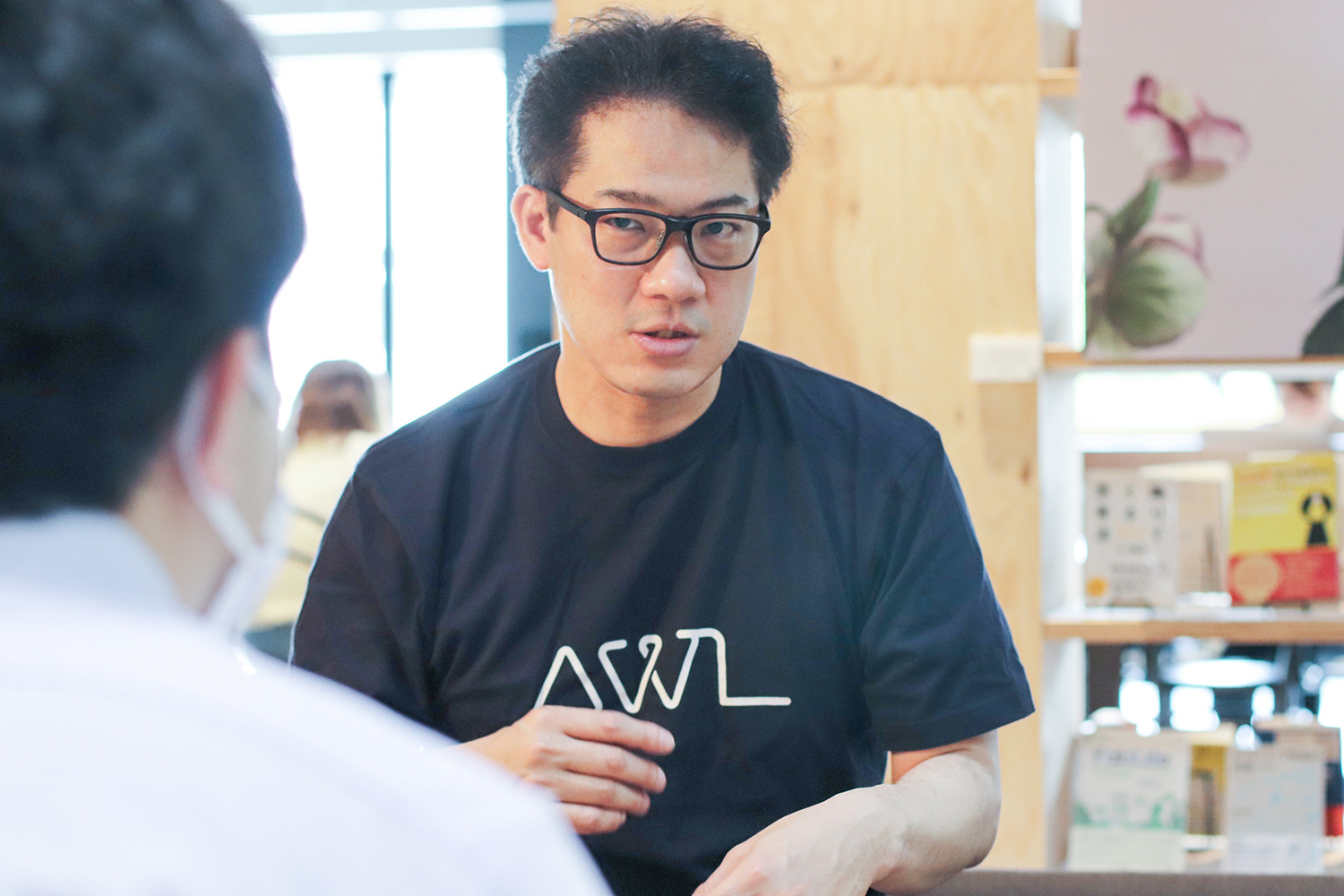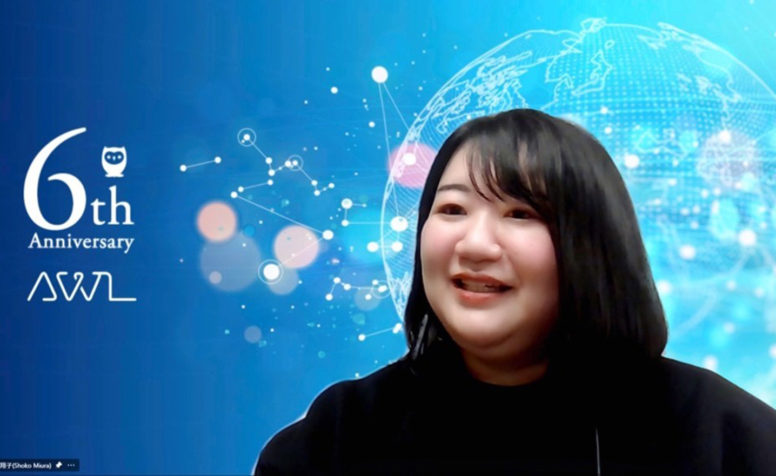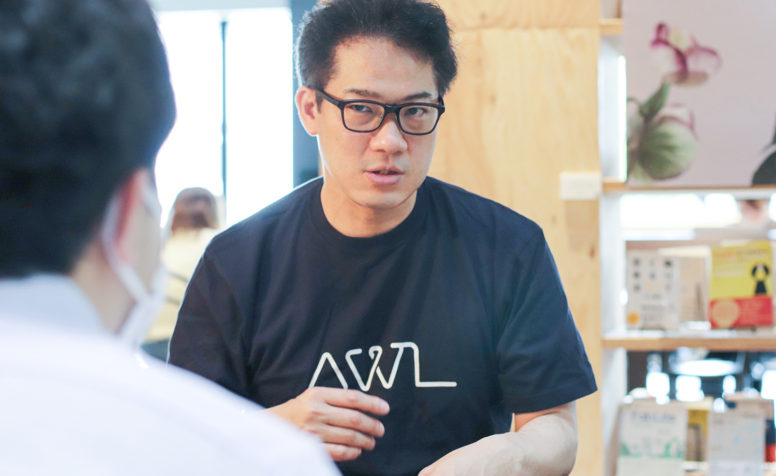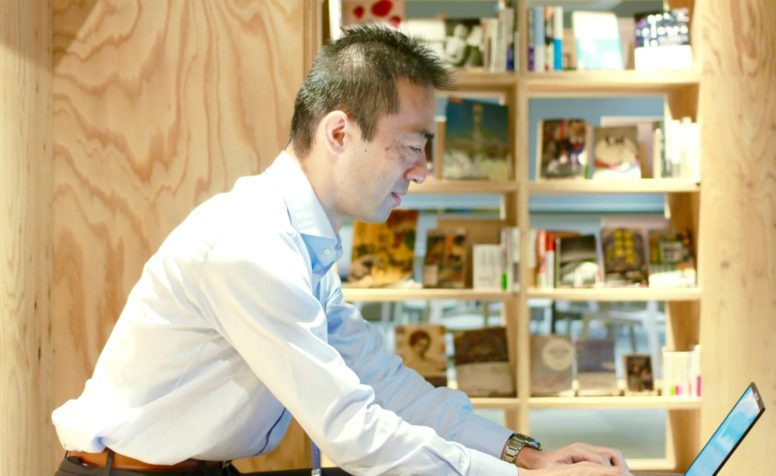Yoshio Shimbo, Ph.D., R&D General Manager
Born in Tokyo, Japan, Yoshio received his Ph. D. in The Department of Organic and Polymeric Materials, Tokyo Institute of Technology. After working as a post-doctoral researcher, Yoshio joined Panasonic Corporation in 2009 as a researcher, and had engaged in new business development since 2012. In June 2022, Yoshio joined AWL, Inc., where Yoshio oversees R&D and promotes AI applications to society.
*Interview, article, and photography by the external team.
Create Ethical Guidelines to eliminate a vague feeling of anxiety towards AI
In 2022, AWL, Inc. established the “AI Ethical Guidelines Ver 1.0”. In the future, we will definitely make appropriate revisions to keep up with changes in the times, international trends, and technological innovations. The current guideline consists of the following eight sections:
1.Realizing a society that incorporates human-centric AI
2.Compliance with laws
3.Appropriate use of AI
4.Ensuring safety and security
5.Attention to privacy
6.Emphasizing fairness and eliminating discrimination
7.Transparency
“In recent years, there has been a growing emphasis on transparency and accountability in AI technology, particularly in Western countries. This is because as AI performance improves, there is a concern that it could be misused as a means to bypass social norms and laws, undermining trust and safety. Pursuing the underlying principles of AI has become one of our responsibilities in order to ensure its ethical use.” says Yoshio Shimbo, R&D General Manager of AWL, Inc. As an individual actively engaged in AI development, Yoshio, said that he constantly contemplate the notion of “ethics in a society centered around AI” in a similar vein to the concept of “morality for individuals coexisting harmoniously.”
“AI plays a vital role in facilitating different services, and is extensively used in various aspects of our daily lives, such as the internet and cloud. In this reality, there is a vague sense of anxiety about one’s own images and conversations being stored somewhere through AI. Additionally, there are concerns that AI’s widespread adoption may eventually reach a plateau if it is avoided. As proponents of AI advancement, it is important for us to define our actions as ethical guidelines in order to alleviate these anxieties and ensure that people can use AI with confidence.”
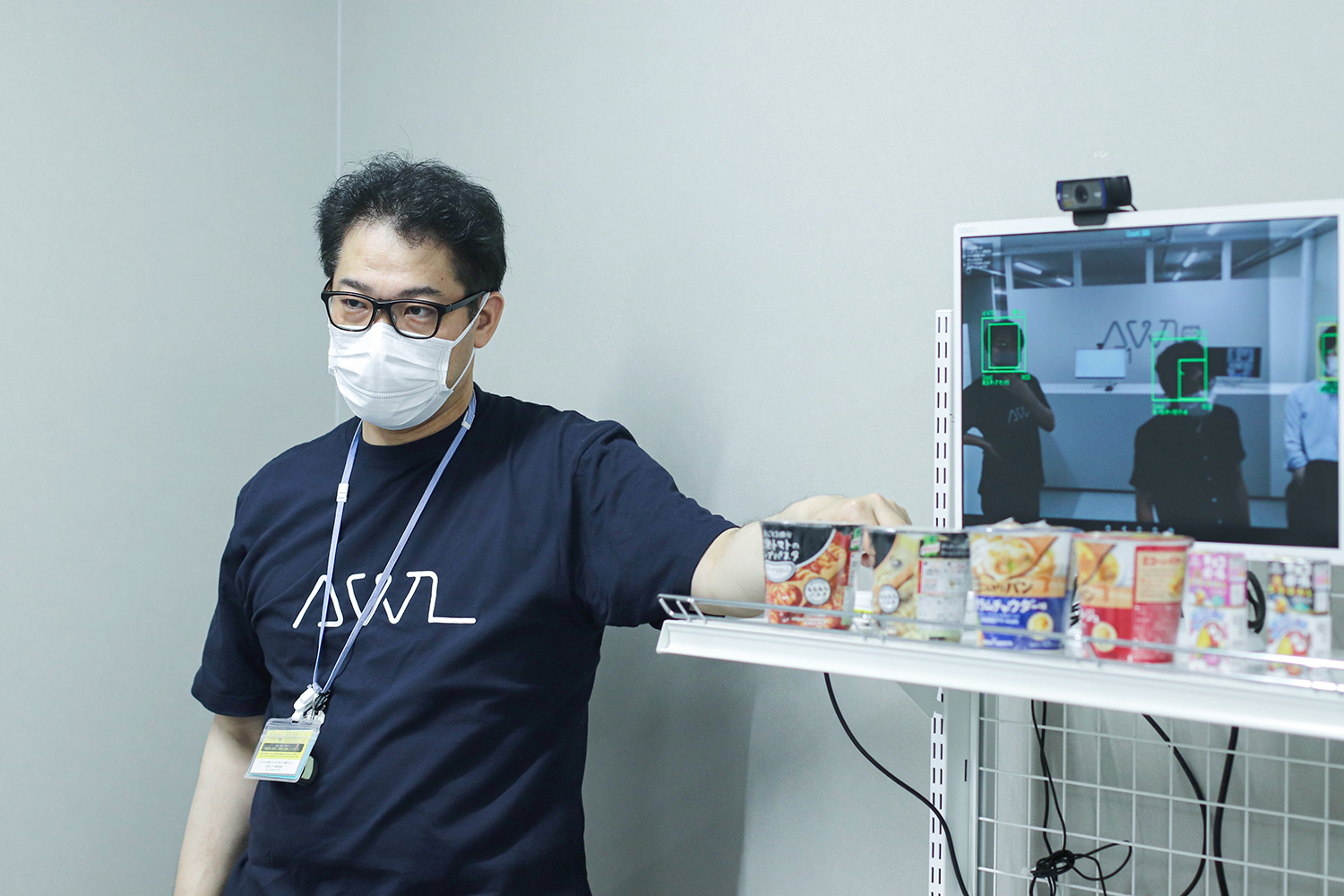
Thorough attention to privacy as well as non-discrimination and fairness
Compliance with laws and regulations is a prerequisite for developing AI technology. AWL takes great care to ensure that training data, which is considered a gray area, does not infringe on privacy. Yoshio continues, “Once AI is trained with data that is not privacy-sensitive, it is extremely difficult to eliminate such data afterwards. We only use training data that has been granted permission, open data with explicit licenses, and data that has been consented for the intended purpose, even at the expense of time and money.”
Not only do we prioritize privacy and security in our development process, but we also highly value non-discrimination and fairness. With the rapid advancements in AI, it is important to consider the potential lack of attention to political correctness. Even if it comes with additional costs, Yoshio believes that it is socially imperative to ensure that AI responds in a morally correct manner.
If we intentionally bias the training data, there is a risk that the AI will make distorted judgments based on factors such as race, nationality, or creed. We must keep in mind that we should always oppose any development that could encourage discrimination and ensure that no group or minority should be disadvantaged.
Political correctness is a concept that evolves with the changing times, not just in the field of AI. In order to stay up to date with the latest technology and societal advancements, we aim to continuously enhance our AI ethics guidelines,” states Yoshio.
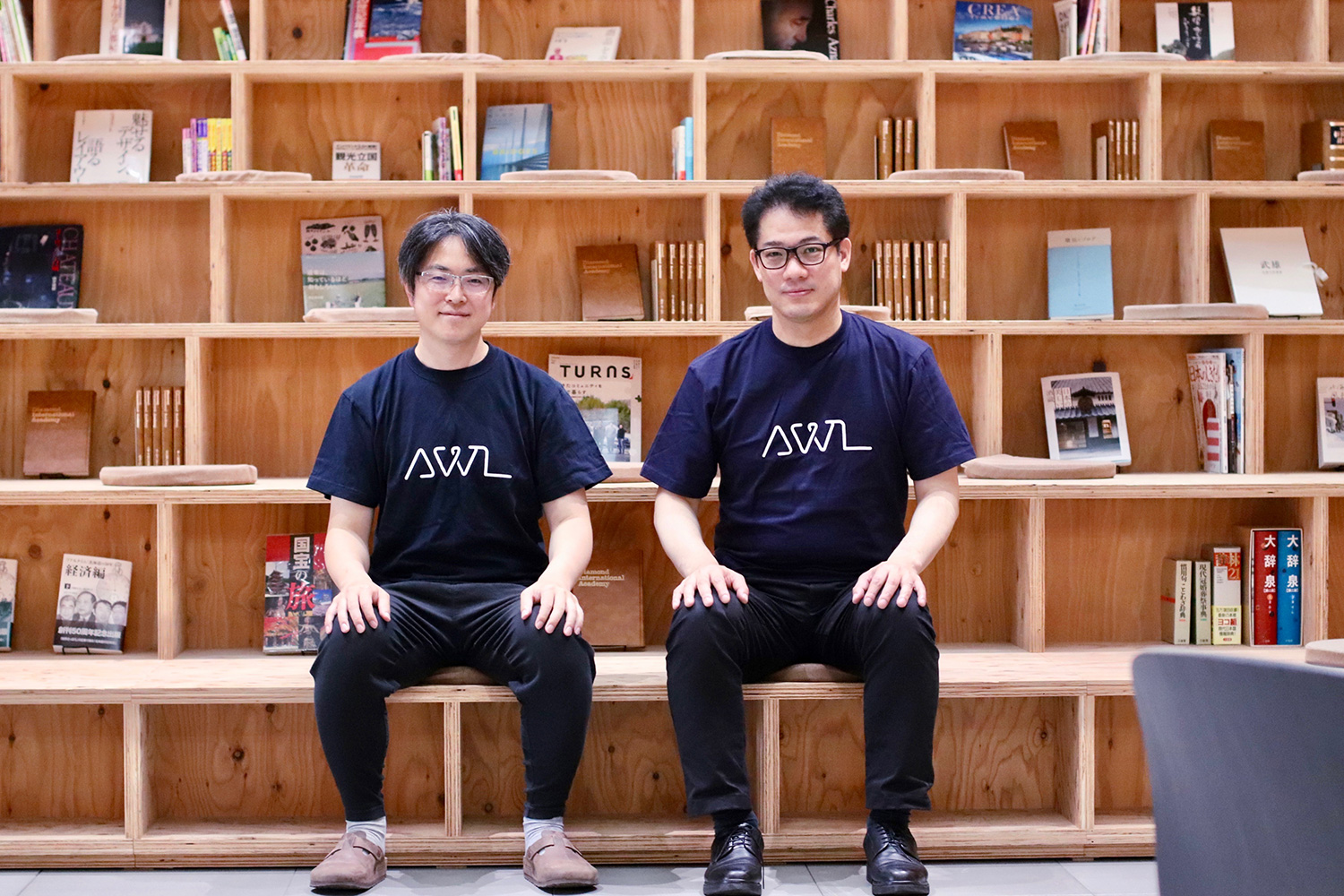
It is also important to instill the “philosophy” of AI ethics in all employees
Yoshio’s commitment to AI ethics, which encompasses philosophy and society, has a lot to do with his past career. It all started when, after joining one of Japan’s leading electronics manufacturers, he was sent to the United States on a mission to develop new businesses.
“I had the opportunity to work on a variety of projects in the United States. One of them was a joint research project with the MIT Media Lab, a renowned research institute located within the School of Architecture and Planning at the Massachusetts Institute of Technology. During the research, we explored the concept of community building and encountered many cases that prompted us to reflect on the ethical and politically correct aspects of human interactions. These experiences have significantly influenced my approach to AI ethics.”
Yoshio joined AWL in June 2022 from a major electronics manufacturer, seeking an environment where he could work more closely with clients in various ways, as the big firms tend to divide work and made it difficult to see the big picture of each project.
“Simply put, AWL’s Edge AI technology excels at delivering on-the-spot results. However, I want to go beyond and optimize the technology to the environment, such as ‘for where there are many elderly people, this is how I would treat them’. In other words, I believe that by working on edge AI with a sense of ethics, we believe our clients will appreciate it more.”
The key to achieving this, Yoshio says, is to ensure that the idea and philosophy of the AI Ethical Guidelines are instilled in all employees.
“In my previous job, we routinely chanted the founder’s management philosophy. Of course, when I was younger, I would recite them without fully understanding the meaning behind the words. But as the years went by, I began to grasp the profound meaning behind those words. I’m definitely not trying to make everyone reciting AWL’s AI ethics guidelines, but I do believe that articulating thoughts into words can lead to appropriate actions. My aspiration is for this mindset to be deeply embedded in every employee and become an integral part of AWL’s essence.”
